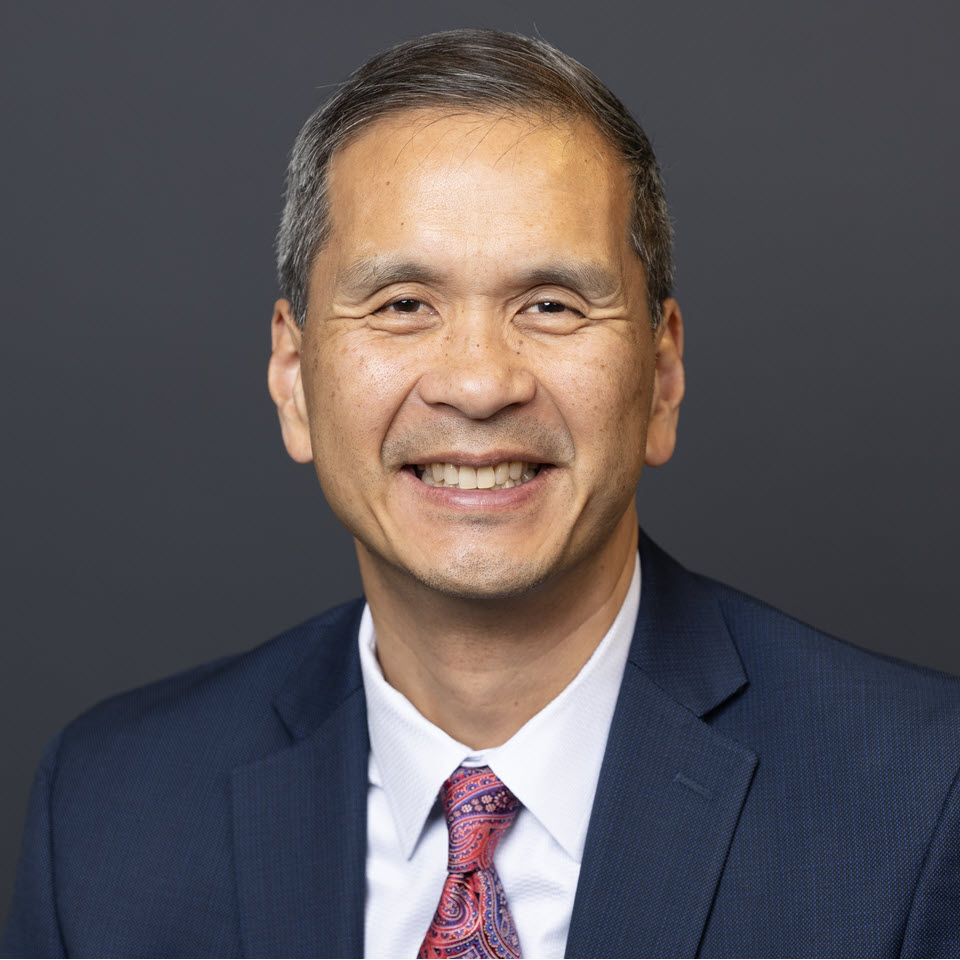Biography
President & CEO, Permanente Medicine, Northwest Permanente, PC
Leong Koh, MD, is president and CEO of Northwest Permanente. In this role, Dr. Koh leads more than 1,700 physicians, clinicians, and administrative staff at the largest independent, physician-led, multispecialty medical group in Oregon and Southwest Washington. Together, these physicians deliver evidence- and value-based healthcare with humanity to approximately 634,363 Kaiser Permanente members in the region.
Dr. Koh has practiced family medicine for more than 25 years and has served in a variety of key operational and strategic leadership roles for Northwest Permanente at both regional and national levels. During Dr. Koh’s tenure, Kaiser Permanente Northwest has received several prestigious awards and recognition for the high-quality, exceptional care. Prior to his current role, Dr. Koh served as vice president of quality, care experience, and patient safety and as Northwest Permanente regional director of operations for primary care, overseeing primary care operations in both Oregon and Southwest Washington. Dr. Koh’s longstanding personal commitment to advancing health equity led him to be named co-lead of Kaiser Permanente’s national health equity workgroup and a member of the organization’s health equity sponsor group.
Dr. Koh received his medical degree from Loma Linda University School of Medicine, in Loma Linda, California. He completed his family medicine residency at Kaiser Permanente in Southern California and practiced for four years in Seattle before coming to Northwest Permanente in 2003. Dr. Koh has a keen interest in physician wellness in all its facets, including physical, mental, and emotional. He and his wife, also a physician, have two adult daughters, with whom they enjoy spending as much time as they can, both at home and afar.
Q&A
What's your first health-related memory?
My first vivid memory of healthcare was when I was 11 years old, and I remember having some very severe abdominal pain. I remember I was in so much pain that I was in tears. My parents brought me to the emergency department, and it turned out to be appendicitis. In those days, the operation resulted in a two-day hospital stay and a five-inch scar. The nurses and doctors were so kind, and I actually enjoyed all of the attention and even the hospital food. I was so grateful that the operation took care of the pain and I left the hospital pain-free!
What’s the most important quality for doctors to have?
The single most important quality a doctor can have is compassion. Patients often come to doctors when they are at the height of suffering, whether it be physically or emotionally. It is a doctor’s job to recognize the suffering of others and take action to help. We do this by our willingness to take the time to listen and engage with our patients and their loved ones.
If you could change one thing about medical education, what would it be?
If I could change one thing about medical education, it would be to start medical education in kindergarten. Engaging and educating the next generation from a young age will not only help them form great healthy habits, but also get them interested in the healthcare profession as early as possible. A healthcare curriculum should be available at every level of education: kindergarten, elementary school, middle school, and high school.
What’s your secret vice?
My secret vice is sitting on a sandy, secluded beach with a comfortable chair and umbrella, and looking out into the horizon, while watching the waves crashing. I’d have a book in my lap, and I’d alternate between reading and watching the waves. It may take me several hours to read a chapter of the book, but it would be the most enjoyable hours of the afternoon.
